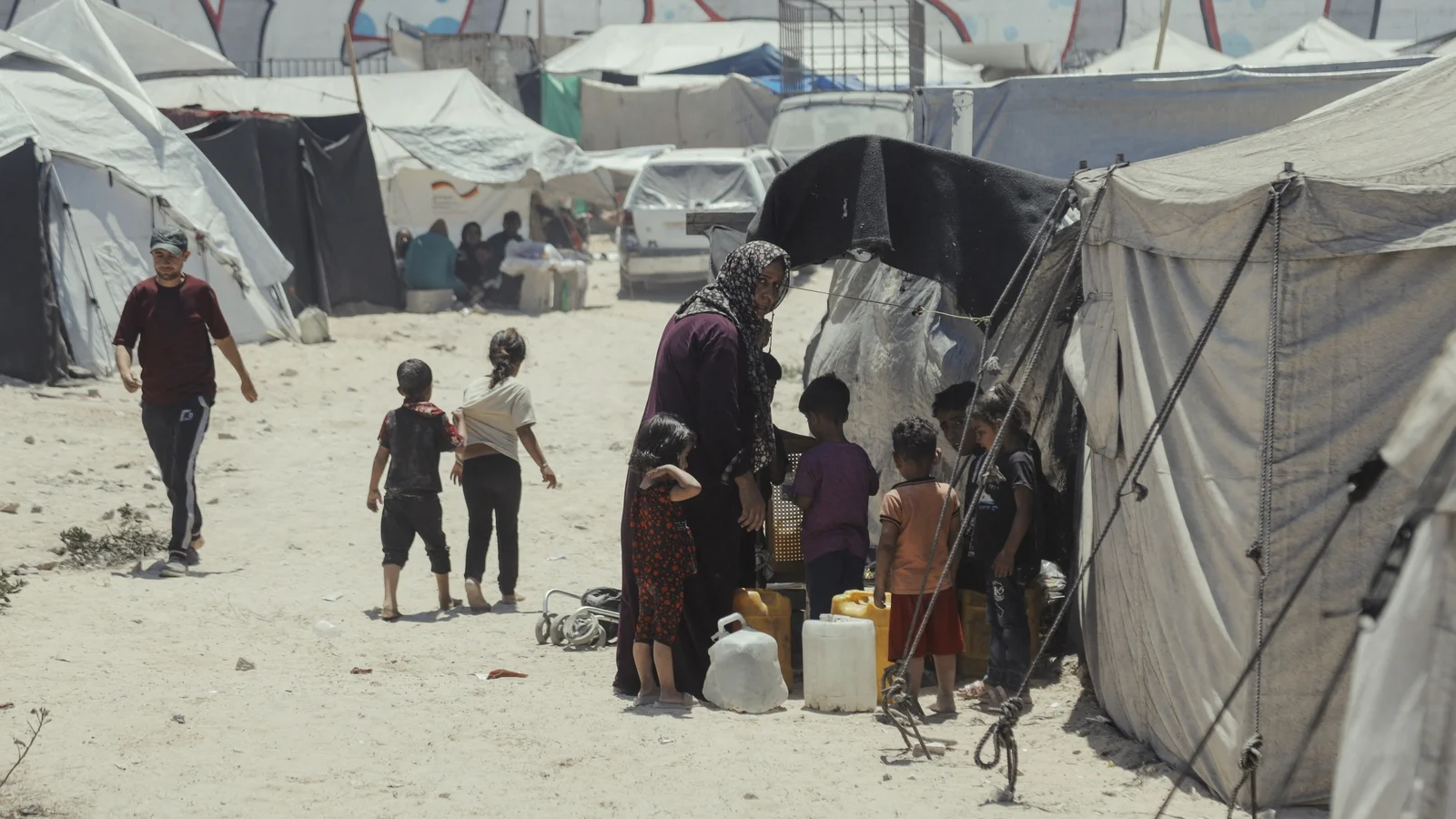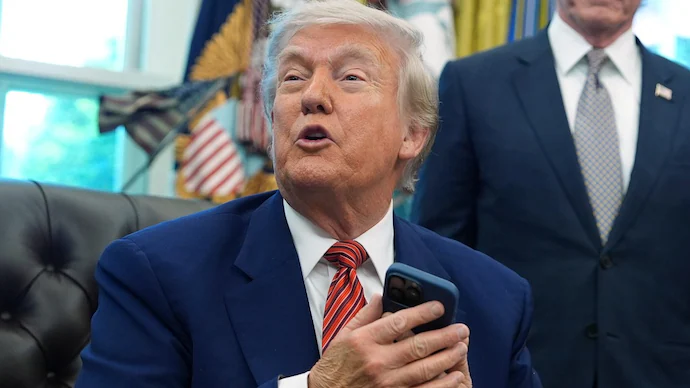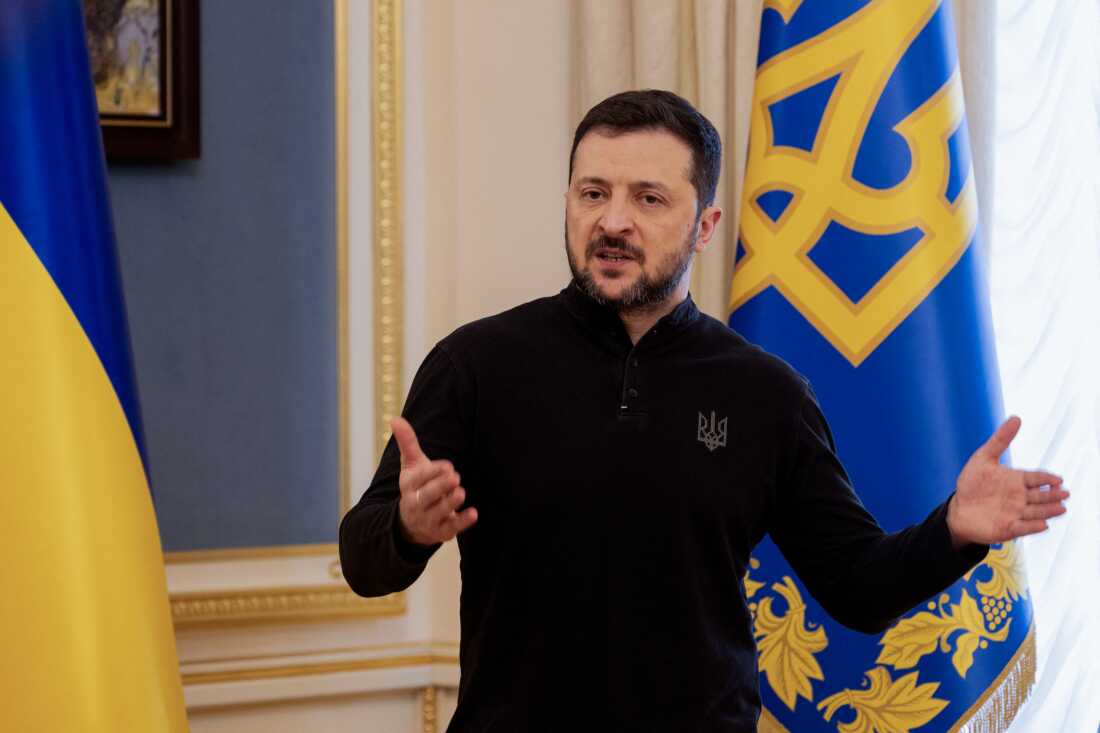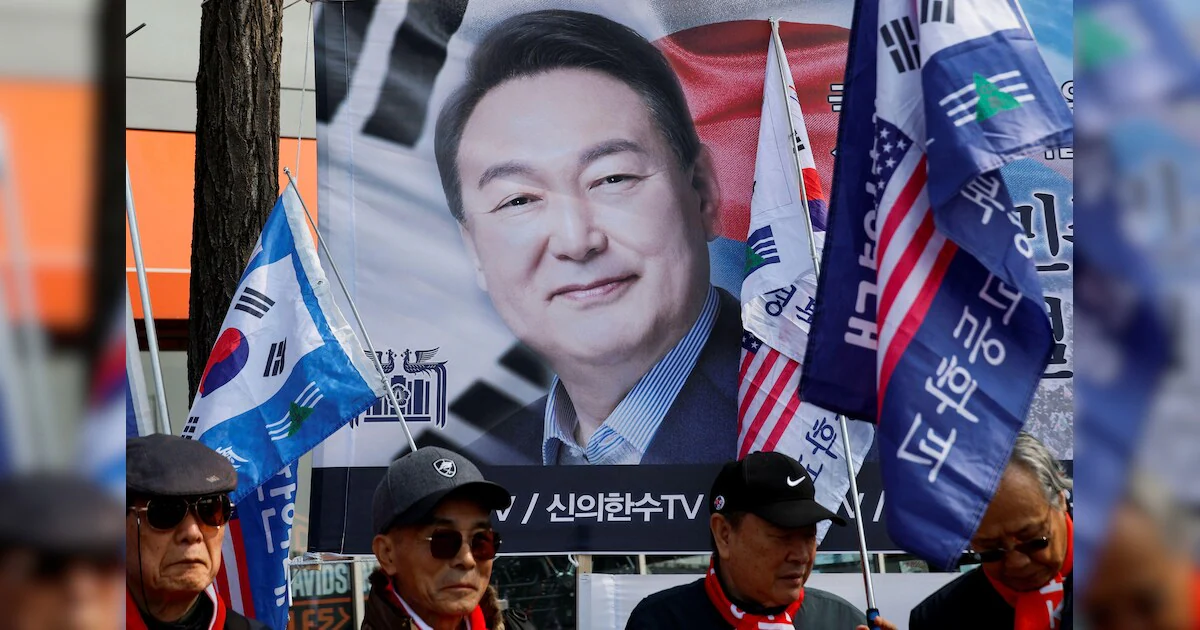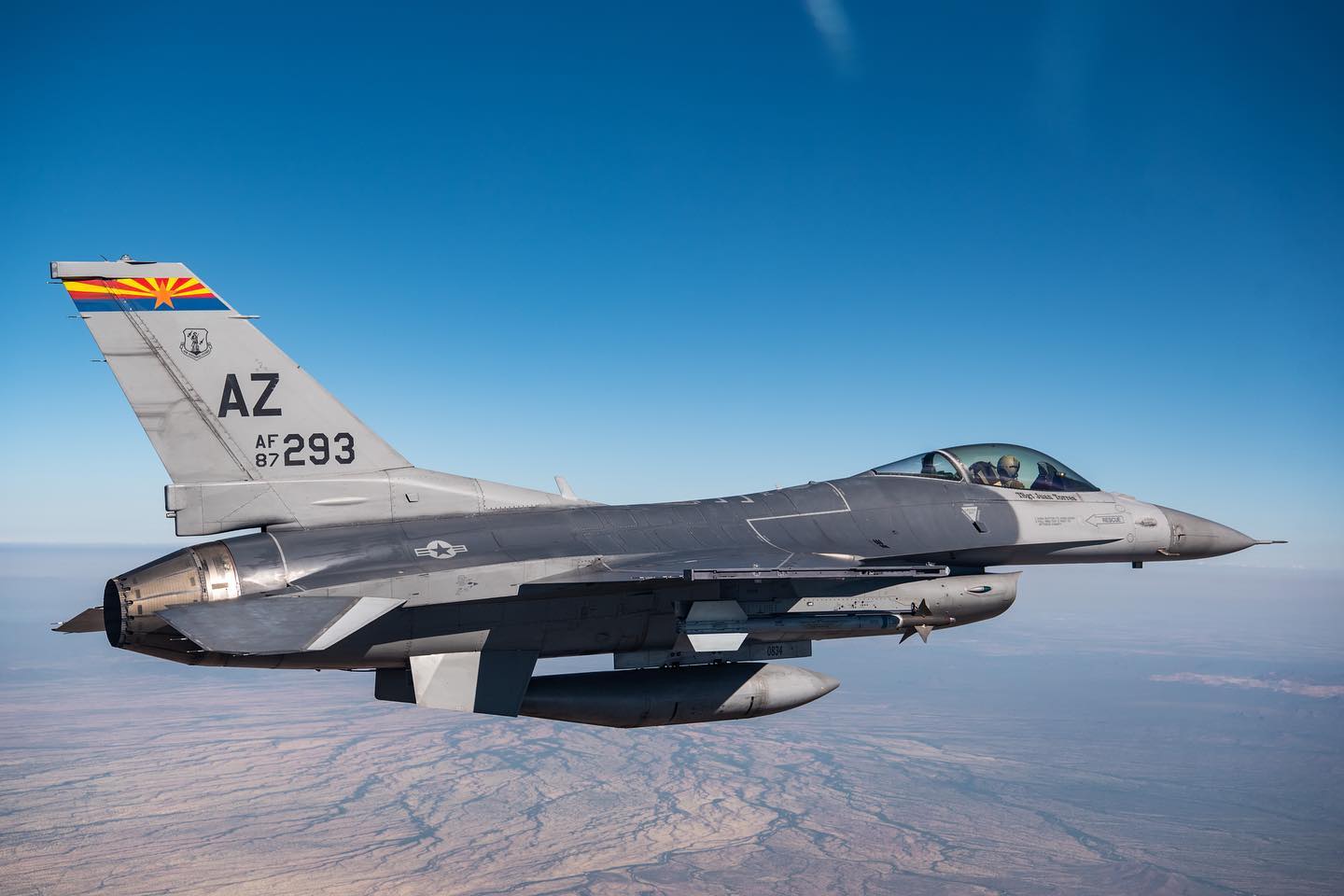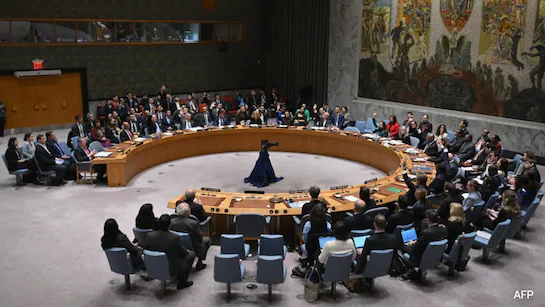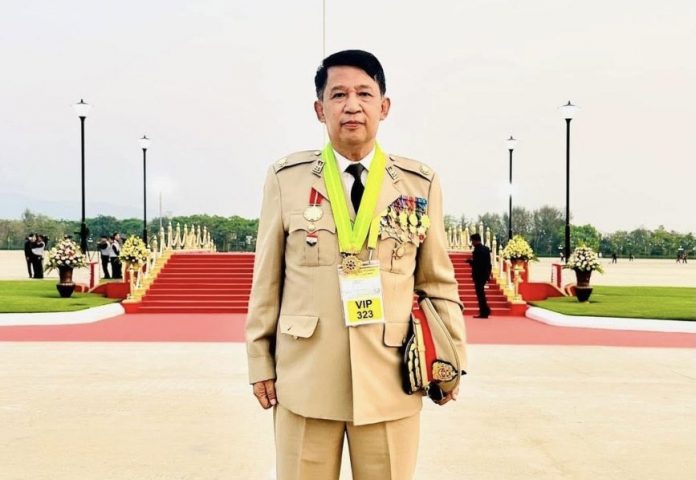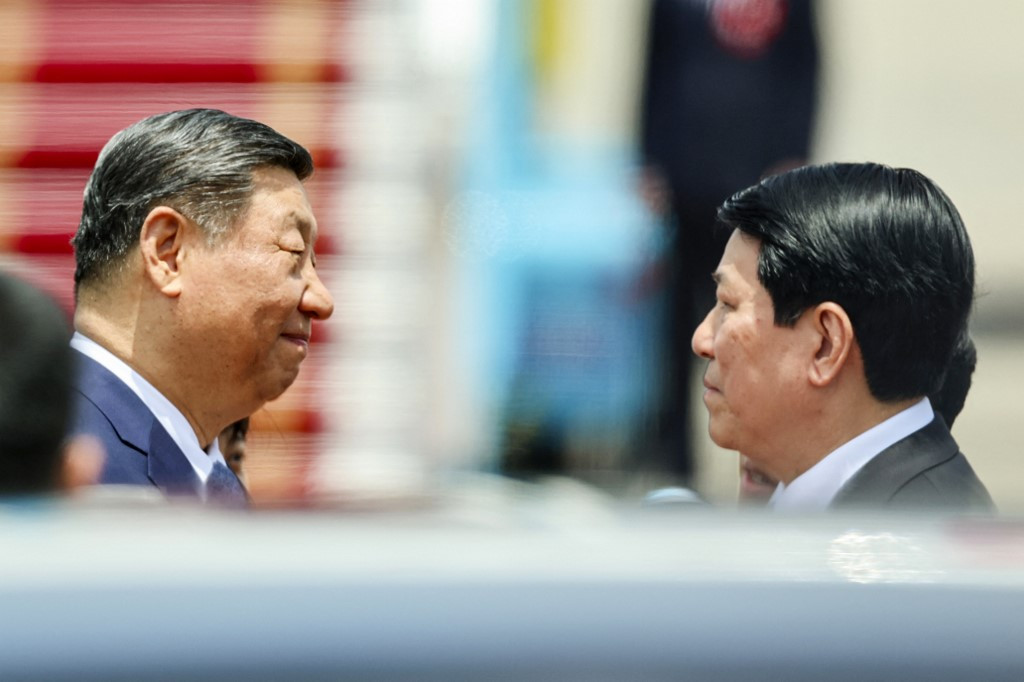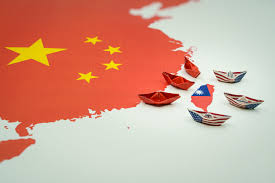Indo-Pak War: US not going to get involved; Turkey concerned
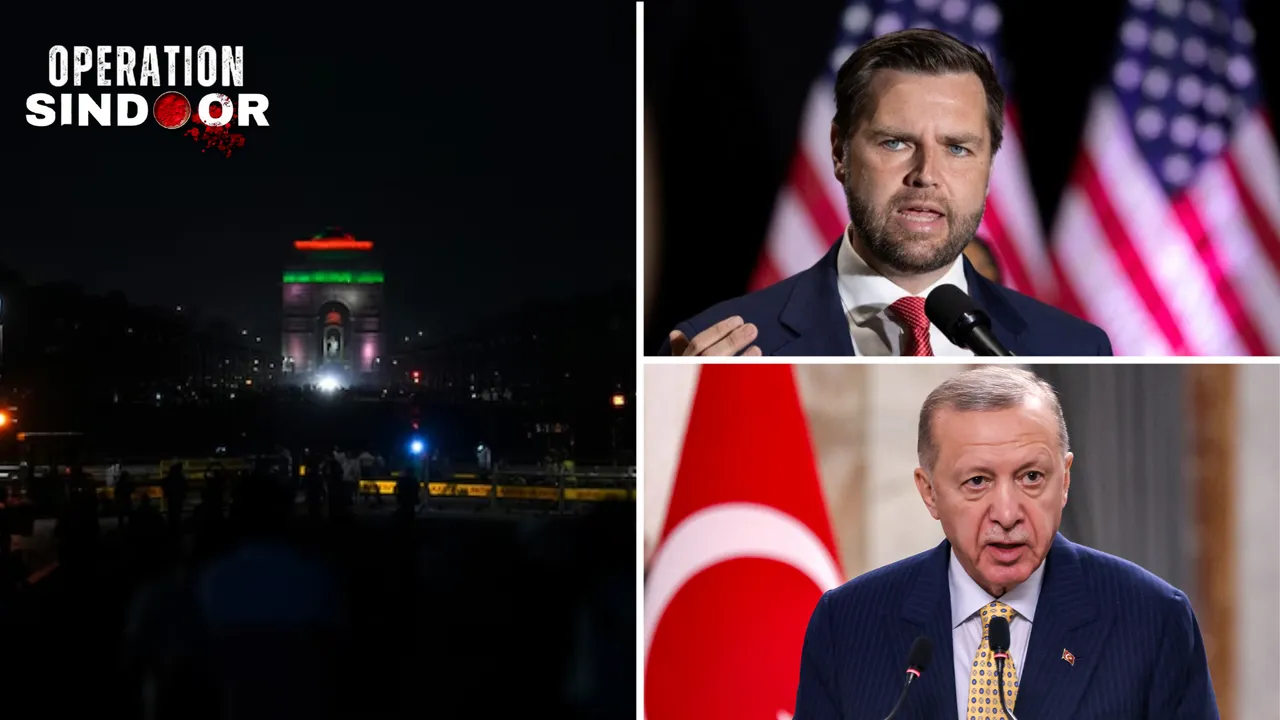
NEW DELHI: Tensions between India and Pakistan intensified on Thursday (May 8) after Pakistan launched drone and missile attacks on Indian states including Jammu, Punjab and Rajasthan.
India responded swiftly, intercepting the incoming threats using its defence systems. Despite the successful interception, the situation triggered emergency measures across multiple Indian regions.
As the developments unfolded, several countries reacted to the situation, urging both sides to avoid further escalation.
US calls for immediate de-escalation
Speaking on behalf of the US State Department, spokesperson Tammy Bruce said, “This morning Secretary Marco Rubio spoke with Pakistan PM Shehbaz Sharif and EAM Dr S Jaishankar. In both calls, the Secretary emphasised the need for immediate de-escalation and called for an end to the violence. He expressed US support for direct dialogue between India and Pakistan and encouraged continued efforts to improve communications.”
US Vice President JD Vance, in an interview, said the matter was “fundamentally none of our business,” while still advocating for peace. “What we can do is try to encourage these folks to de-escalate a little bit, but we’re not going to get involved in the middle of war that’s fundamentally none of our business and has nothing to do with America’s ability to control it,” Vance said during a Fox News appearance.
He added, “Our hope and our expectation is that this is not going to spiral into a broader regional war or, God forbid, a nuclear conflict. Right now, we don’t think that’s going to happen.”
Turkey urges dialogue
Turkish President Recep Tayyip Erdo?an said, “We are concerned that the tension between Pakistan and India is turning into an open conflict with missile attacks that have resulted in the martyrdom of many civilians. We extend our condolences once again to the brotherly people and state of Pakistan.”
He also stated, “Despite those who seek to fuel the fire, we, as Türkiye, are making every effort to reduce tensions and open channels of dialogue before the situation reaches an irreversible point.”
Brazil issues travel advisory, calls for restraint
The Brazilian government expressed its worries over the military activity in Kashmir, stating it was “following with grave concern the military actions in the Kashmir region, in areas administered by both India and Pakistan.”
Reiterating its opposition to terrorism, Brazil added, “Brazil calls on the parties involved to exercise the utmost restraint in order to prevent an escalation of tensions.” The country’s Ministry of Foreign Affairs also advised its citizens to avoid non-essential travel to Kashmir and nearby regions.
Norway pushes for diplomacy
Norwegian Foreign Minister Espen Barth Eide echoed global concerns, saying, “I am deeply concerned about the escalation of conflict between India and Pakistan.”
He added, “Norway calls on both parties to exercise restraint, de-escalate the situation and find a diplomatic solution.” Eide also reiterated Norway’s strong condemnation of the 22 April terrorist attack in Pahalgam, Jammu and Kashmir.


